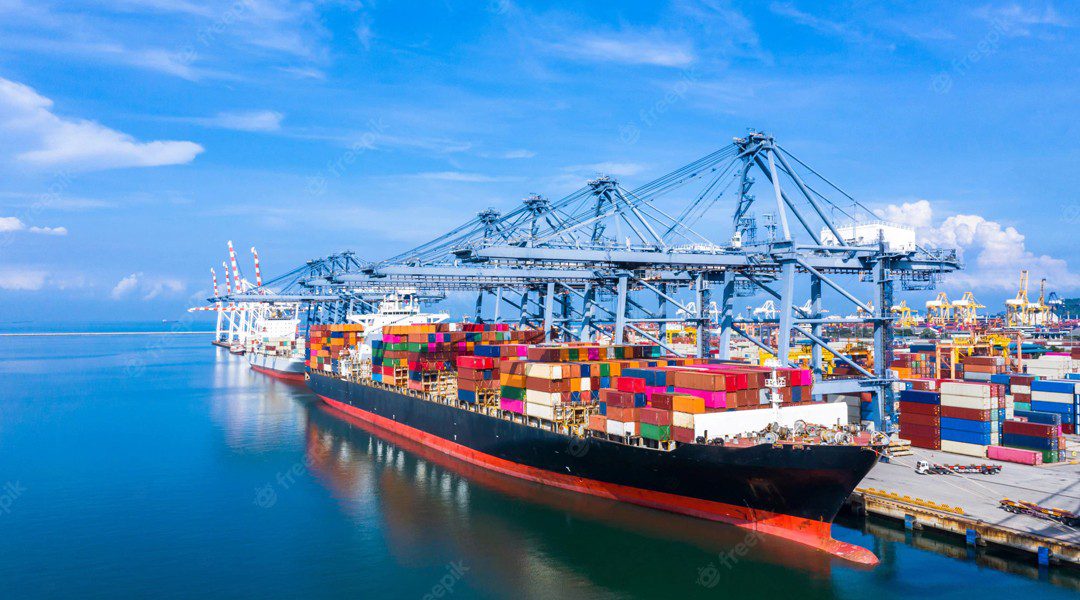Artificial intelligence brings resilience and enhanced performance metrics to warehouse data capture, says Marin Tchakarov, chief executive officer of Kindred.
Adoption of artificial intelligence has barely scratched the surface, Tchakarov says. So there’s a great opportunity for further implementation of AI-powered technologies. And that’s exciting because AI tools can help considerably where supply chain challenges persist.
“Knowing everything — where things are in the supply chain process — is the difference between fulfilling your customer’s orders and upholding your commitments throughout your organization,” Tchakarov says.
Consequently, he sees great interest in artificial intelligence, because companies need real-time data to reveal inefficiencies in areas as diverse as manufacturing and fulfillment.
The data gathered can immediately be placed on dashboards to enable tweaking processes “on the go,” rather than waiting for batches to be published days or weeks later.
Making data real-time is one way AI can add or bolster resilience in a supply chain, Tchakarov says. First, increasing the speed of that data helps throughput, creating a buffer. Second, managers can know right away of labor shortages or workforce ebbs and flows due to illness, weather or natural disasters. “The pandemic has taught us an incredibly harsh lesson in terms of labor availability.”






